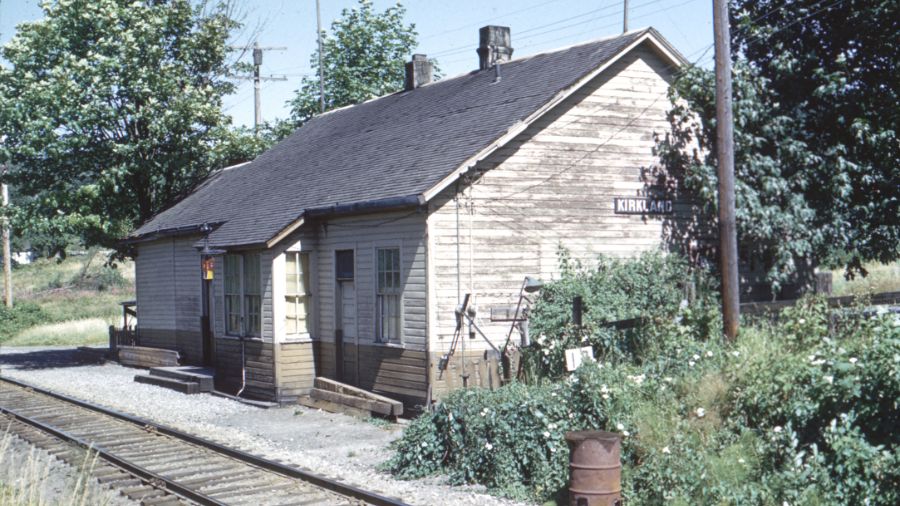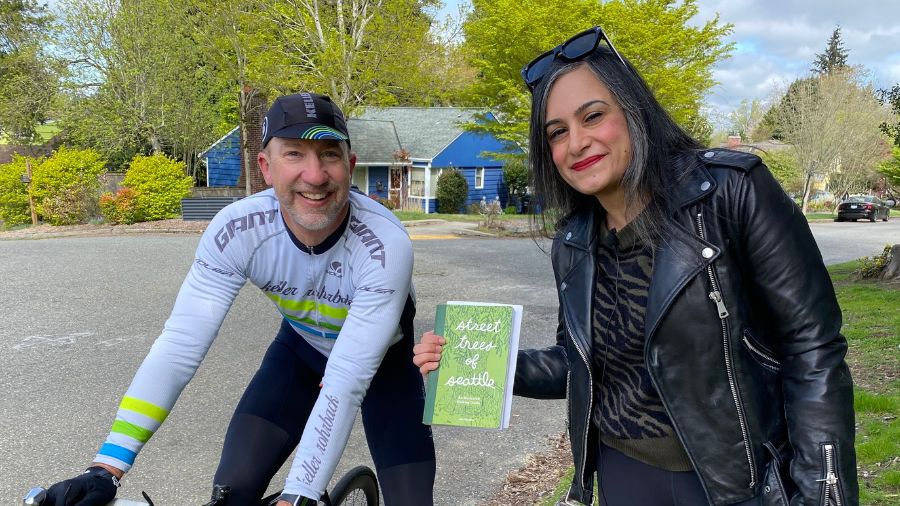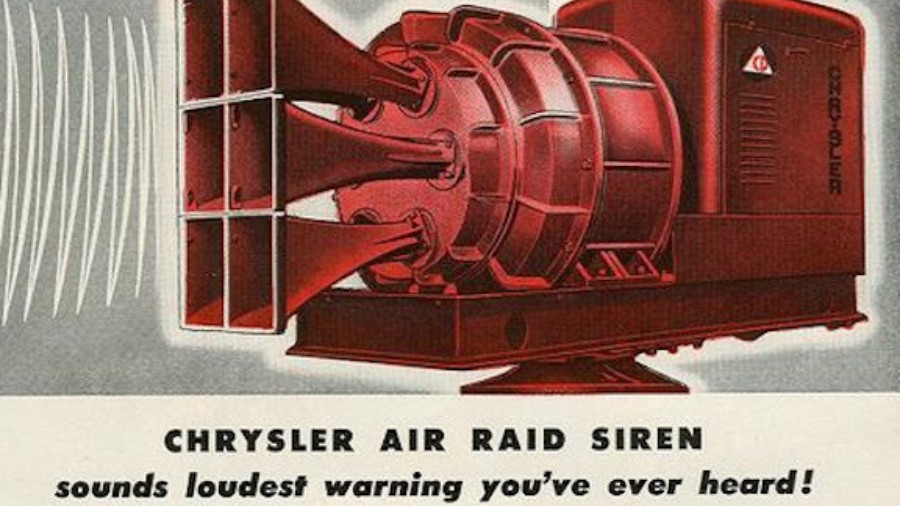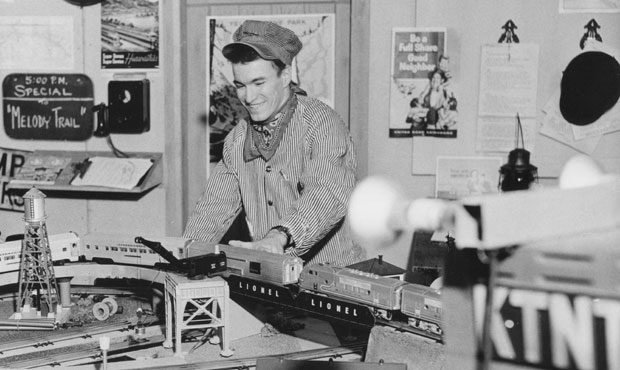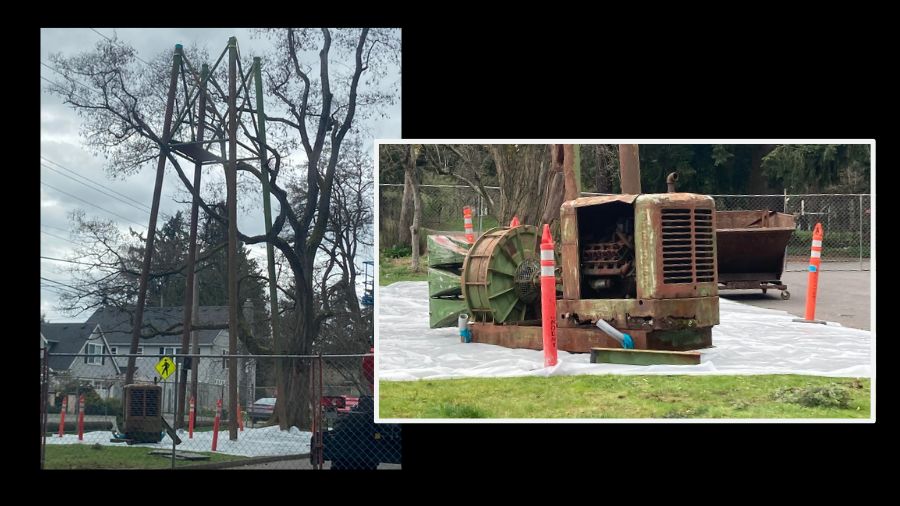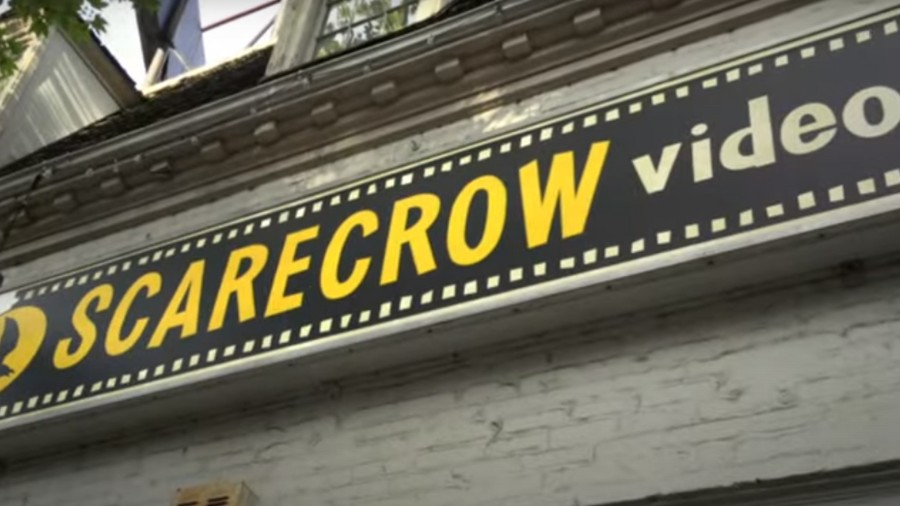With pandemic-themed cans, brewers tell history museums to ‘Hold my beer’
Apr 7, 2021, 8:30 AM | Updated: 9:22 am

Bill McClure's collection of locally-produced pandemic-themed beer cans is headed for the Washington State Historical Society. (Bill McClure)
(Bill McClure)
Museums all over the United States have been collecting artifacts of the COVID-19 pandemic with an eye toward future exhibits looking back at this strange era. This has meant a lot of masks, of course, but also things like print-outs of test results and hand-made signs announcing impromptu restaurant closures.
A Tacoma man heard the call for artifacts made locally by the Washington State Historical Society. He’s now looking to donate a collection of items that are a little more colorful than the average PPE or hand-made sign.
And a lot more refreshing.
Bill McClure is an attorney with an undergrad history degree. He’s 28, and grew up near Chicago. He attended law school here, and has lived in the Puget Sound area for less than a decade.
It was in 2020 when Bill McClure heard that the museum was looking for COVID-related artifacts. That’s when he started noticing images popping up on the Instagram accounts of the local breweries that he follows.
“And those [images] were COVID-themed or pandemic-themed beer cans,” McClure said. “There’s a lot of breweries here in Tacoma, but broadly in the Puget Sound area and across the state, that run single batch or one-off beers. And what they started to do was pull on different themes of life adjusting during the global pandemic.”
Maybe it was that undergrad history degree kicking in, but McClure wanted more than just a pleasant and relaxing drink. He wondered about the context, and about the backstory, of the individual brews and of what appeared to be a significant regional and industry-wide trend.
“I thought that was really interesting, [and] thought it could be a unique addition to the collection for the Washington State Historical Society,” McClure continued. “So as a result, I started saving the cans. And over time, this just kind of amassed into much more than I expected it to be.”
Without an interest in local craft breweries or an Instagram account, it may have been easy for many people to miss this whole phenomenon, unlike those countless and repetitive “in these uncertain times” TV commercials.
McClure, who enjoys a good IPA, says a lot of the small batches have whimsical names and unique label designs that play off pandemic fatigue and other realities of the past year or so, including “What Day is It?” from Matchless Brewing in Tumwater, or “Indoor Survival” from Everybody’s Brewing in White Salmon, Klickitat County. A number of special brews also raised money for charitable causes, such as “Look for the Helpers” and “All Together.”
One of Bill McClure’s favorites of the pandemic era is made by Narrows Brewing in Tacoma. The label says “Checklist IPA.”
“It has keys, wallet, which would be your normal checklist for leaving the house,” McClure said. “But in addition, it’s got a mask. It’s got hand sanitizer. It’s got gloves. It’s got a ruler, which presumably is a social distancing reminder.”
“I thought that was interesting, because we all kind of have a checklist when we leave the house,” McClure continued. “We check our pockets, and now, at least at this time, you’ve got to have the mask to leave the house, or you gotta turn the car around and go get it.”
That kind of interpretation and analysis is what transforms an otherwise ordinary object into a priceless artifact. The context and stories – or even just the observations of someone who used that object – are absolutely critical to future historians tasked with understanding each artifact, and with displaying items in a way that helps future museum visitors understand more than just the basics of a decorative beer can.
With this in mind, McClure is embarking on a volunteer research project to learn more about these breweries and their pandemic-themed beer cans. Over the next several months, he’ll try to figure out how it is that so many different Washington breweries did similar things with their products and packaging. His ultimate goal is to write an article for COLUMBIA, the quarterly magazine of the Washington State Historical Society that depends on volunteer writers for most of its content.
In the meantime, KIRO Radio checked with Matthew Rhodes, head brewer at Narrows Brewery in Tacoma, home of “Checklist IPA” and about six other pandemic-themed beers that were produced during the past year.
Rhodes says that the idea for the special brews inside special cans was hatched early in the lockdown. And it was a team effort.
“We all kind of gathered as a crew, obviously social-distanced, and kind of brainstormed what we could do to kind of reconnect with our drinkers,” Rhodes said. “And we came up with the idea to just reference COVID in a lighthearted way.”
It seems like the main idea was to show solidarity with their drinkers – to say, essentially, we’re all in the same boat. Like many alcohol producers, Narrows Brewing has done well during the pandemic with retail sales and with their taproom in Tacoma, and brewer Matt Rhodes told KIRO Radio that the response to the pandemic cans has been very positive.
“Beer drinkers love the designs and love the beers,” Rhodes said. “It just kind of gave them something to look forward to, because we were putting them out every single week [for about two months]. We got into a into a rhythm where we were able to release the new COVID-reference can every single week, and give our drinkers something else to look forward to.”
It’s perhaps worth noting that there doesn’t seem to be a consensus on what the cans should be called, and Rhodes says “commemorative” isn’t the right word. He’s sensitive about the death and suffering of the pandemic, and it doesn’t seem that Narrows Brewing or any of the brewers are cashing in on COVID with their decorative cans, which are, by any measure, done in good taste.
But, all those other judgments aside, do these pandemic cans – or whatever they’re called – belong in a museum, or are they better suited for the recycling bin?
Margaret Wetherbee is head of collections for the Washington State Historical Society, and has overseen pandemic artifact and story collecting efforts over the past year (and which are still underway). About the pandemic cans, Wetherbee says, enthusiastically, “Hold my beer!”
Or, maybe that should be: “We’ll hold that beer – for eternity.”
A beer can is “an object that everyone can relate to,” Wetherbee told KIRO Radio, and is a perfect addition to the museum’s collection for the stories it can tell, and for what it says about local culture, circa 2020-2021.
“Everybody knows what a beer can is … little kids, 90-year olds,” Wetherbee said. “Everyone knows what this is, and it’s something that was created specifically for this time that we’re living in.”
Wetherbee made it clear that she’ll welcome the cans and labels if and when McClure offers to donate them. She says they’ll help tell the story of the current pandemic far into the future, and they’ll help make up for the fact that most museums have very little in the way of artifacts from the 1918-1919 influenza pandemic.
Rhodes of Narrows Brewing was pleased to hear that the cans his team created will find a home at the Washington State Historical Society.
“It’s extremely special,” Rhodes said, when he learned what Wetherbee had told KIRO Radio. “I didn’t think the cans and labels would make it into a museum.”
But what about the hand-crafted, small-batch hyper-local liquid inside each can in McClure’s collection?
“Well, when I get it initially, it’s full,” McClure said. “[But] the collection is now empty cans. I made an executive decision [about] what was going to be important for history, and what would be important for me.”
Fortunately, Wetherbee says that’s for the best.
“We would prefer the cans to be empty,” Wetherbee said, chuckling. “We don’t like to preserve food historically.”
You can hear Feliks every Wednesday and Friday morning on Seattle’s Morning News, read more from him here, and subscribe to The Resident Historian Podcast here. If you have a story idea, please email Feliks here.


